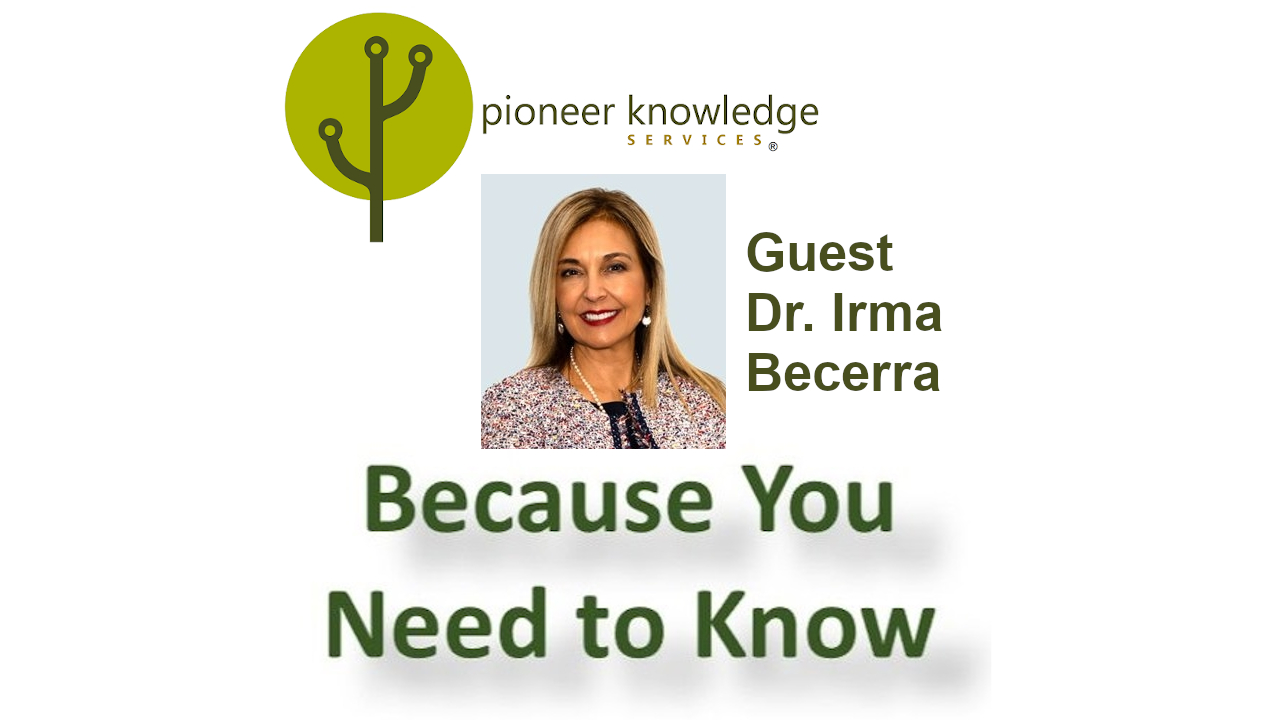
Open access to scholarly knowledge in the digital era (chapter 6.1): The ethics of care in open-access publishing
This article is chapter 6.1 in section 6 of a series of articles summarising the book Reassembling Scholarly Communications: Histories, Infrastructures, and Global Politics of Open Access.
In the first chapter of the global communities section, Eileen A. Joy asks how might certain forms of academic publishing, especially scholar-led, community-owned, open-access platforms, and presses, help to enable better forms of institutional life conducive to personal flourishing and the increase of public knowledge, especially at a time when universities are swarming with managerial technocrats invested in privatizing and outsourcing higher education, students are saddled with staggering levels of debt, and the casualization of academic labor is at an all-time high?
Academic freedom is a vital, but elusive, element of academic life. The US Supreme Court has never recognized academic freedom as an independent constitutional right, and has been remarkably consistent in its unwillingness to give analytical shape to the rhetoric of academic freedom. The US Constitution guarantees freedom of speech, but legal guarantees do not ensure that everyone, everywhere, has equal access to the expression of that right. Therefore, academic freedom is more of a practice of care, and universities should work harder to create hospitable conditions for thought. Under continual assault by protocols and checkpoints for tenure, promotion, and professional affirmation and advancement in general, the humanities have lost sight of the important meaningfulness of singularity and self-expression.
The Open Access Movement could be one possible route for positive change and renewal, but we need to take back into the university as many of the means of the production of academic publishing as possible, and re-energize the Demos of the Academy. Each of us has a responsibility to enable styles of scholarship and cultural systems that maximize personal energy under personal control.
Open access (OA) is fast becoming the norm in the UK and much of Europe, and is even government-mandated. In the US, however, there is no similar broad governmental support for OA, and researchers have responded globally to the knowledge economy by agitating for governmental and institutional policies that would support OA. Within the US context, the University of California (UC) system has led the way in promoting what they have called “transformative” pathways to open access, and has issued a toolkit and hosted a forum to discuss how to redirect subscription and other funds toward sustainable open access (OA) publishing.
UC Libraries decided not to renew its bulk subscription to Elsevier journals in 2019 because, under Elsevier’s proposed contract renewal, Elsevier would capture significant new revenue on top of the university’s current multi-million-dollar subscription while significantly diminishing UC’s rights to Elsevier content, and also because UC Libraries wanted default OA publication for all UC-corresponding authored articles in Elsevier journals, with no increase in total payments made by UC to Elsevier.
UC Press has also served as somewhat of a leader in OA publishing by launching a platform for open access monographs and an OA mega-journal in science, but but they are dependent upon author-pay schemes, which in the humanities is simply untenable. Humanists simply do not have the money to support publication charges. This threatens the democracy of thought.
The term “democracy” does not often enter into conversations around the subject of OA publishing, but Eileen A. Joy believes it is the unique purview of scholarly communications to insist upon the centrality of the “right to say everything” relative to modes of publication. Any version of OA that does not begin with this emphasis loses sight of the vital relationship between access to modes of publication and academic freedom. For-profit actors in this landscape could warp the nurturing and capaciously curatorial role of the academic publisher.
The OA movement represents values that are not always compatible with and can even be antithetical to each other, and OA publishers should take up this issue as a primary cause of action. First, there is the governmental rationale to make publicly funded research accessible to the public(s) who fund it, which sometimes requires unhealthy alliances between public institutions, nonprofit service agencies, and for-profit corporations. Second, there is the for-profit business imperative to capitalize upon the governmental rationale in ways that allow commercial publishers to continue charging exorbitant rates for subscription journals while also taking cash up front to make selective content in these journals more accessible. And then there is the more anarchic-ethical imperative to make the means of the possibility of publishing work more possible, and to pose no barriers to authors or readers. These forces cannot work together to enhance the long-term sustainability of a more open knowledge commons.
A Mellon-funded study undertaken by the University of California–Davis and the California Digital Library investigated whether it would be possible for large North American research institutions to sustain a model of open access that depended upon article processing charges. But this would turn researchers into “speculators” which Eileen A. Joy labels as obscene, and allow corporations that have proven to be bad actors with respect to the mission of public research libraries to profit.
Humanists should be mindful of the ways in which the practices of the dissemination of their research may be at odds with the values they embrace and put into practice, especially with an eye toward moving away from for-profit publishing platforms and helping to promote a more rowdily diverse set of voices.
One group that is working toward maximizing processes of radical democratization within the OA landscape is the Radical OA Collective, a consortium of scholar-led, nonprofit OA presses and platforms that wants to re-conceptualize academic publishing as a techne of “care of the self”. They want to provide alternatives to the legacy model of commercial publishers. One important outcome of the Collective’s work has been the formation of ScholarLed, a consortium of five OA presses that opposes the monopolization of OA book publishing by commercial publishers and for-profit intermediaries. They believe that a more diverse, scholar-led, community-owned, and not- for-profit publishing ecosystem is crucial for scholarly communications to flourish.
For Eileen A. Joy personally, and especially through her work with punctum books, the Radical OA Collective, and ScholarLed, there is an urgency to rewire the definition of open access so that OA publishers can also be agents of change and transformation. There is likely no possible stemming of the tide of neoliberal capital’s narrow-minded imaginary and hyper-accelerated technologized infrastructures, but the humanities must try to repurpose these infrastructures to unleash new, more capacious imaginaries and organs of dissemination for those imaginaries.
Next part (chapter 6.2): A developing region perspective on global open access.
Article source: This article is an edited summary of Chapter 221 of the book Reassembling scholarly communications: Histories, infrastructures, and global politics of Open Access2 which has been published by MIT Press under a CC BY 4.0 Creative Commons license.
Acknowledgements: This summary has been prepared with the assistance of Wordtune Read.
Article license: This article is published under a CC BY 4.0 Creative Commons license.
References:
- Joy, E. A. (2020). Not Self-Indulgence, but Self-Preservation: Open Access and the Ethics of Care. In Eve, M. P., & Gray, J. (Eds.) Reassembling scholarly communications: Histories, infrastructures, and global politics of Open Access. MIT Press. ↩
- Eve, M. P., & Gray, J. (Eds.) (2020). Reassembling scholarly communications: Histories, infrastructures, and global politics of Open Access. MIT Press. ↩





